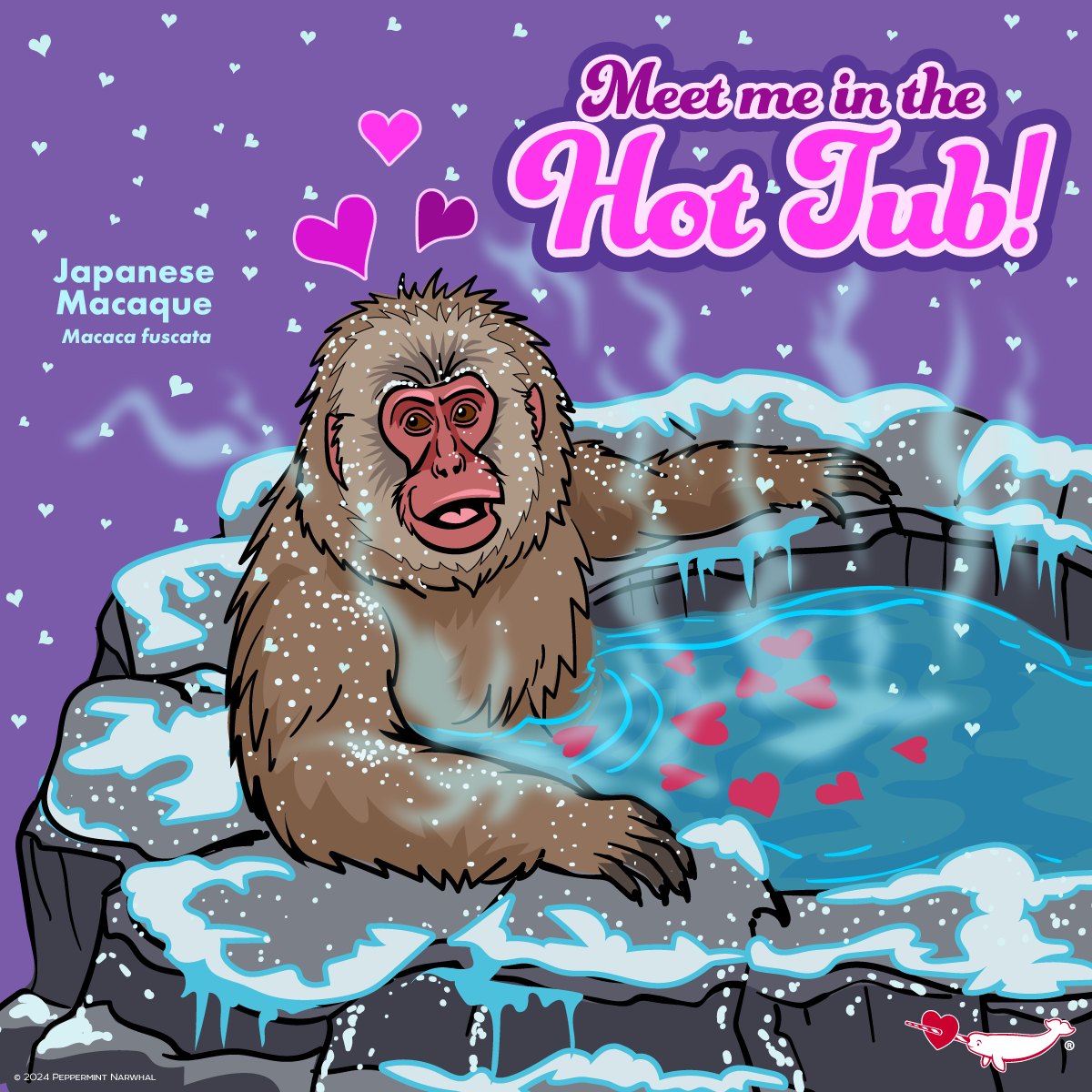– The fascinating behavior and ecological significance of the Japanese Macaque (Macaca fuscata), particularly their hot tub activities at Jigokudani Monkey Park.
– Investigating the adaptive behaviors of the Japanese Macaque and their implications for zoology and wildlife conservation.
– Understanding the social hierarchy of the Japanese Macaque troops and the influence this has on their hot spring interactions.
– Exploring the role of tourism and human interaction in the lives of these primates and its wider conservation implications.
The Japanese Macaques, known as Snow Monkeys, have captured global attention for their peculiar habit of soaking in hot springs during the cold winter months. This fascinating behavior was first observed in 1963 and has become a symbol of adaptive animal behavior in harsh environmental conditions. Originating from a simple act of retrieving an apple, these primates have established a unique thermal bathing culture that offers profound insights into their social structure, adaptive strategies, and the effects of human activities on wild animals.
Located in Nagano’s Jigokudani Monkey Park, this troop of Japanese Macaques has adapted to the cold by utilizing the hot springs to maintain body heat. This behavior showcases their intelligence and highlights their ability to modify existing behaviors to suit changing circumstances—a key subject of interest in zoology. Moreover, their bathing practice is a stunning example of animal innovation, further underlining the importance of protecting such species to preserve their natural behaviors and habitats.
Japanese Macaques are the northernmost living non-human primates, excluding humans, enduring winter temperatures that can drop below -15°C. The hot springs offer a vital refuge from the cold, showcasing the monkeys’ remarkable adaptability. This thermal bathing behavior has pivotal implications for understanding the ecological necessities driving animal innovation, serving as a crucial point of study in wildlife conservation efforts. Protecting these primates and their habitats ensures the continuation of these adaptive behaviors, providing continuing opportunities for research and education.
The social dynamics within troops of Japanese Macaques are complex and highly stratified. Their social hierarchy significantly influences access to the hot springs, with higher-ranking macaques enjoying the best spots. This observation lends insight into primate social structures, highlighting the importance of rank in access to resources. This phenomenon, observed in the hot springs, mirrors broader ecological patterns where social status often dictates access to vital resources. Such a dynamic offers a fascinating glimpse into the natural management systems within these primate communities, enhancing our understanding of animal behavior and social organization.
Tourism and human interaction have played a pivotal role in shaping the behaviors of the Jigokudani macaques. A macaque’s initial discovery of the hot spring was spurred by human activity—a dropped apple. Since then, the influx of tourists has become a constant in the monkeys’ lives, with their reactions providing valuable insights into human-wildlife interaction. While facilitating crucial tourism revenue for conservation, there’s an ongoing debate about the impact of human presence on the natural behaviors of these primates. Ensuring ethical wildlife tourism practices is paramount to maintaining a balance where both conservation goals and the needs of the macaques are met.
The Japanese Macaque’s adaptation to hot spring use is a striking illustration of wildlife innovation and adaptability. It underscores the necessity of comprehensive conservation strategies that protect these unique behaviors and the ecosystems that support them. As such, ongoing research and conservation efforts are vital in ensuring that the Japanese Macaque and their unique thermal bathing culture continue to thrive. By understanding and safeguarding the intricate relationships between these primates, their behavior, and their environment, we aim to preserve our planet’s dynamic and diverse tapestry of life.
*****
Source Description
VALENTINE – Meet Me in the Hot Tub!
Did You Know? – The Japanese Macaque (Macaca fuscata) is native to the islands of Japan. Of the four main Japanese islands, Hokkaido, Honshu, Shikoku, and Kyushu, Japanese macaques are found on all but Hokkaido. It is the northernmost living non-human primate.
In Jigokudani Monkey Park, Nagano, a troop of Japanese Macaques, often called Snow Monkeys, enter the hot springs to bathe and groom. And warm up. The behavior is said to have begun in 1963 when a tourist accidentally dropped an apple at a nearby resort into the hot springs. A Japanese Macaque entered the warm water to retrieve the apple, but days later, the same monkey was seen entering the water again without the enticement of a treat. It enjoys the hot tub-like experience. Eventually, the behavior spread to other monkeys, and soon, the hot springs become a popular primate spa. Ideal spots are typically tied to the troop’s hierarchy, with macaques that enjoy the highest rankings gaining the premium spots. At the same time, lower-ranked members may not be able to enjoy the experience during crowded times.
Shop www.peppermintnarwhal.com


